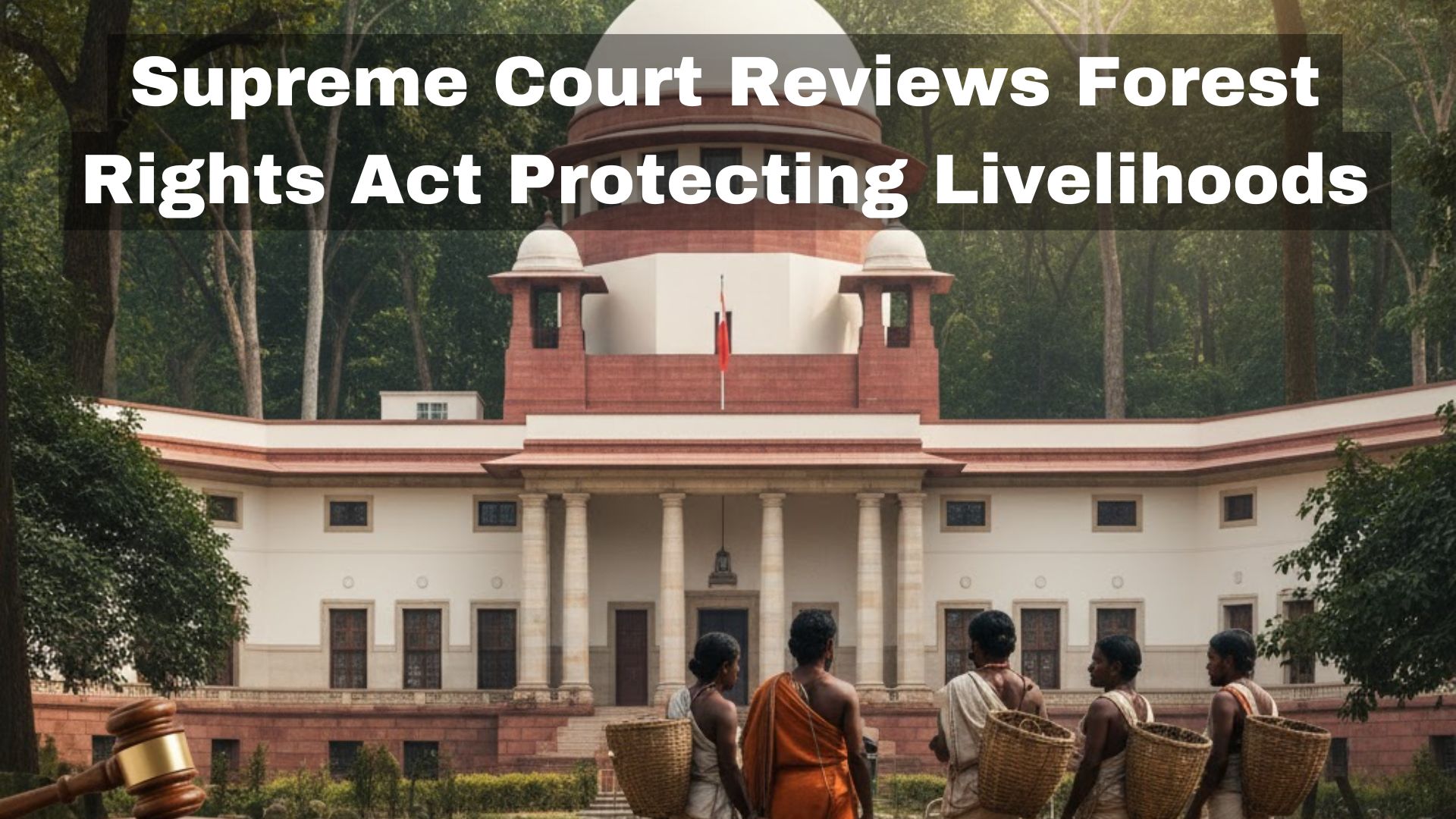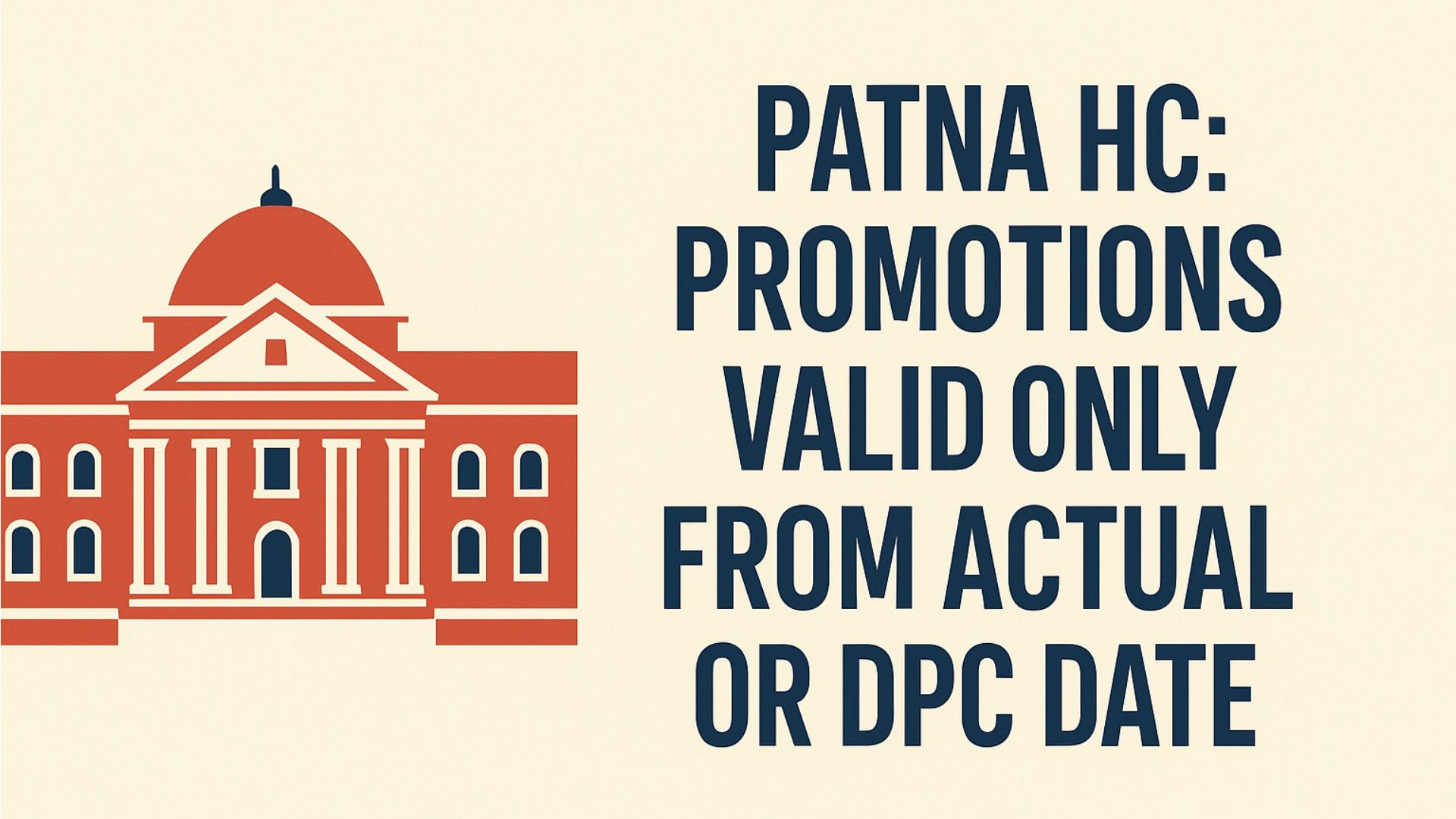@JUDGMENTTAG-ORDER
Harsha Devani, J.@mdashBeing highly aggrieved by the action of the respondent -Assessing Officer of ignoring a decision of the jurisdictional High
Court directly covering the controversy in issue as well as the assessment orders passed in the previous years and making a high pitched
assessment, the petitioner has directly approached this court challenging the assessment order dated 31.03.2015 passed by the respondent
Assessing Officer in relation to assessment year 2012-13, to the extent he has made an addition of Rs. 116,43,00,000/- by way of disallowance of
the final installment of the price paid for milk.
2. Against the assessment order, the petitioner has already preferred an appeal before the Commissioner of Income-tax (Appeals). However,
considering the conduct of the Assessing Officer in disregarding the decision of this court in the case of Commissioner of Income Tax Vs. Mehsana
District Co-operative Milk Producers Union Ltd., , the petitioner has thought it fit to challenge the impugned order to the extent of the above
addition, as in its opinion, the Assessing Officer is answerable to this court.
3. Mr. J.P. Shah, learned advocate for the petitioner emphatically submitted that right from the assessment year 1998 - 1999 to 2011-2012, no
addition had been made for purchase price difference. In assessment year 2011-2012, the Assessing Officer raised the same question to which the
petitioner gave an identical reply as in the case of assessment year 2012-2013. For assessment year 2011-2012, the Assessing Officer accepted
the reply and did not make any addition, but the respondent herein chose to follow a different path and did not accept the reply. It was submitted
that the point which the respondent has decided against the petitioner stands directly covered by the above decision of this court, and there are
several decisions of the Tribunal on the very same point in favour of the petitioner, despite which the Assessing Officer has decided against the
petitioner. It was submitted that ordinarily, the petitioner would not have approached this court against an order of assessment; however, the facts
justify intervention by this court in exercise of powers under Article 226 of the Constitution of India.
4. On the other hand, Mr. K.M. Parikh, learned senior standing counsel for the respondent opposed the petition by reiterating the contents of the
affidavits-in-reply filed on behalf of the respondent. It was submitted that against the impugned order, there is an efficacious alternative statutory
remedy available by way of appeal before the Commissioner (Appeals) which the petitioner has already availed of and hence, the petition deserves
to be dismissed on this ground alone. On the merits of the impugned order, it was submitted that the Assessing Officer may have had reason to
believe that the facts of the case in the preceding years were not the same as in the year in question and therefore, may have made the addition.
5. Since a preliminary objection has been raised to the maintainability of the petition on the ground of there being an alternative statutory remedy, it
may be necessary to address the same at the outset.
6. The Supreme Court in Union of India (UOI) Vs. T.R. Varma, , held that it is well settled that when an alternative and equally efficacious remedy
is open to a litigant, he should be required to pursue that remedy and not invoke the special jurisdiction of the High Court to issue a prerogative
writ. It is true that the existence of another remedy does not affect the jurisdiction of the court to issue a writ; but, the existence of an adequate
legal remedy is a thing to be taken into consideration in the matter of granting writs.
7. In The State of Uttar Pradesh Vs. Mohammad Nooh, , the Supreme Court held thus :
If an inferior court or tribunal of first instance acts wholly without jurisdiction or patently in excess of jurisdiction or manifestly conducts the
proceedings before it in a manner which is contrary to the rules of natural justice and all accepted rules of procedure and which offends the
superior court''s sense of fair play the superior court may, we think, quite properly exercise its power to issue the prerogative writ of certiorari to
correct the error of the court or tribunal of first instance, even if an appeal to another inferior court or tribunal was available and recourse was not
had to it or if recourse was had to it confirmed what ex facie was a nullity for reasons aforementioned. This would be so all the more if the tribunals
holding the original trial and the tribunals hearing the appeal or revision were merely departmental tribunals composed of persons belonging to the
departmental hierarchy without adequate legal training and background and whose glaring lapses occasionally come to our notice. The superior
court will ordinarily decline to interfere by issuing certiorari and all we say is that in a proper case of the kind mentioned above it has the power to
do so and may and should exercise it. We say no more than that.
8. In State of H.P. and Others Vs. Gujarat Ambuja Cement Ltd. and Another, , the Supreme Court held thus:
Where under a statute there is an allegation of infringement of fundamental rights or when on the undisputed facts the taxing authorities are shown
to have assumed jurisdiction which they do not possess can be the grounds on which the writ petitions can be entertained. But normally, the High
Court should not entertain writ petitions unless it is shown that there is something more in a case, something going to the root of the jurisdiction of
the officer, something which would show that it would be a case of palpable injustice to the writ petitioner to force him to adopt the remedies
provided by the statute.
9. Having regard to the principles propounded in the above decisions, this court is of the opinion that the petitioner has made out a strong case to
contend that the present writ petition is maintainable despite the fact that the petitioner has availed of an alternative remedy against the impugned
order, inasmuch as, the lapse on the part of the Assessing Officer is quite glaring and the high pitched assessment made as a result of ignoring the
decision of the jurisdictional High Court results in palpable injustice to the petitioner. Nonetheless, without expressing any opinion on the
maintainability of the present petition, considering the fact that the petitioner has already availed of the remedy of appeal before the Commissioner
of Income-tax (Appeals) against the impugned order in relation to several points, including the point involved in the present case, this court is not
inclined to exercise its extraordinary jurisdiction, inasmuch as, interference by this court would result in examination of the same order, may be, on
different points by the Commissioner (Appeals) as well as this court, leading to an anomalous situation.
10. Be that as it may, this court also cannot be oblivious of the conduct of the Assessing Officer while framing the assessment. As can be seen from
the impugned order, the assessee had brought the decision of this court in Commissioner of Income-tax v. Mehsana District Cooperative Milk
Producers Union Ltd., (supra) which appears to conclude the point in question in favour of the petitioner, to the notice of the Assessing Officer as
well as the fact that in the preceding years, the point had been decided in its favour and no addition had been made. However, the Assessing
Officer, without assigning any reason as to why the decision of the jurisdictional High Court was not applicable to the facts of the case, nor as to
why he was required to depart from the consistent view adopted in the previous years, has held that the expenses on this count cannot be
considered as expenditure but application of income and has made an addition of Rs. 116,43,00,000/-. The conduct of the Assessing Officer is,
therefore, required to be strongly deprecated.
11. At this juncture, it may be apposite to refer to the decision of the Supreme Court in the case of Union of India and others Vs. Kamlakshi
Finance Corporation Ltd., , wherein it has been held thus:
6. Sri Reddy is perhaps right in saying that the officers were not actuated by any mala fides in passing the impugned orders. They perhaps
genuinely felt that the claim of the assessee was not tenable and that, if it was accepted, the Revenue would suffer. But what Sri Reddy overlooks
is that we are not concerned here with the correctness or otherwise of their conclusion or of any factual malafides but with the fact that the officers,
in reaching in their conclusion, by-passed two appellate orders in regard to the same issue which were placed before them, one of the Collector
(Appeals) and the other of the Tribunal. The High Court has, in our view, rightly criticised this conduct of the Assistant Collectors and the
harassment to the assessee caused by the failure of these officers to give effect to the orders of authorities higher to them in the appellate hierarchy.
It cannot be too vehemently emphasised that it is of utmost importance that, in disposing of the quasi-judicial issues before them, revenue officers
are bound by the decisions of the appellate authorities; The order of the Appellate Collector is binding on the Assistant Collectors working within
his jurisdiction and the order of the Tribunal is binding upon the Assistant Collectors and the Appellate Collectors who function under the
jurisdiction of the Tribunal. The principles of judicial discipline require that the orders of the higher appellate authorities should be followed
unreservedly by the subordinate authorities. The mere fact that the order of the appellate authority is not ""acceptable"" to the department - in itself
an objectionable phrase - and is the subject matter of an appeal can furnish no ground for not following it unless its operation has been suspended
by a competent court. If this healthy rule is not followed, the result will only be undue harassment to assessees and chaos in administration of tax
laws.
12. A Division Bench of this court in the case of State of Gujarat Vs. Secretary, Labour Social Welfare and Tribunal Development Deptt.
Sachivalaya and Another, , has held that the law laid down by the High Court must be followed by all authorities and subordinate Tribunals when it
has been declared by the highest court in the State and they cannot ignore it either in initiating proceedings or deciding the rights involved in such a
proceeding. If in spite of the earlier exposition of law by the High Court having been pointed out and attention being pointedly drawn to that legal
position, proceedings are initiated, it must be held to be a wilful disregard of the law laid down by the High Court and would amount to civil
contempt as defined in section 2(b) of the Contempt of Court''s Act, 1971.
13. The revenue authorities, while making assessments as well as deciding appeals, may well bear in mind the above principles, lest they may have
to face proceedings for willful disregard of the law laid down by the High Court or the Supreme Court.
14. Subject to the above observations, the petition is disposed of as not entertained. However, having regard to the peculiar facts of the case, the
Commissioner (Appeals) is directed to hear and decide the appeal as expeditiously as possible, and preferably within a period of two months from
the date of receipt of a copy of this order. Considering the fact that in earlier years the issue had been decided in favour of the petitioner, there shall
be no coercive recovery pursuant to the demand notice to the extent of Rs. 48,92,85,432/-, which is the component pertaining to the addition in
question. Notice is discharged with no order as to costs.

